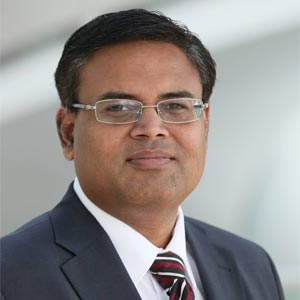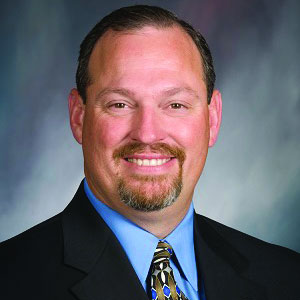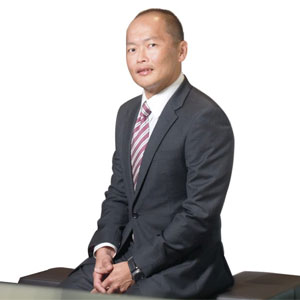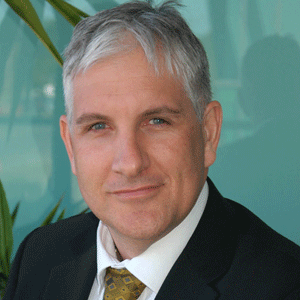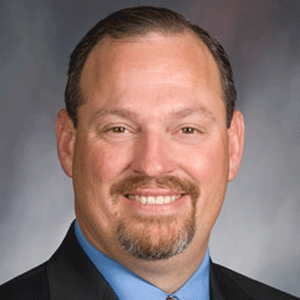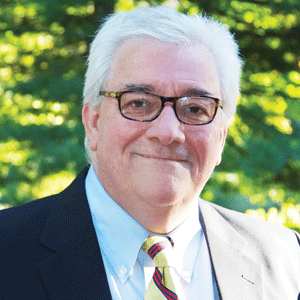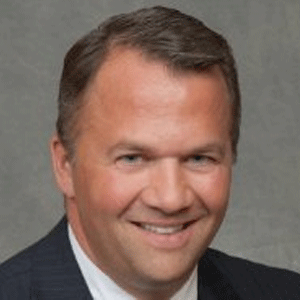THANK YOU FOR SUBSCRIBING
Editor's Pick (1 - 4 of 8)

The Evolution of Adaptive Patient and Site Services
Christian Burns, Director of Clinical Operations and Patient Recruitment, ClinEdge


Christian Burns, Director of Clinical Operations and Patient Recruitment, ClinEdge
As a result, many companies are evaluating and adopting flexible and hybrid models of trial delivery.
Historically, the industry has been resistant to a cohesive cross-collaborative strategy regarding study design, global site identification, site management, contracting, data quality, recruitment support, and even patient travel. It is becoming clearer that a successful enterprise strategy for clinical research will require an integrated, combined approach as time goes on. It will be necessary to incorporate efficient processes and technologies across multiple business groups and to adapt this strategy to meet the needs of each specific study. An integrated strategy that ties in operations, analytics, and technology will allow for maximum optimization of personnel and resources throughout the duration of a study, giving service providers a competitive edge.
Functional service providers (FSP) and flexible service models that are based on this integrated philosophy are already growing in popularity. Some of the important areas for FSPs to consider as part of an integrated approach include access to a global integrated network of sites, amplified patient engagement efforts, direct to patient (and/or caregiver) travel or concierge services, and a site infrastructure toolkit for research-naïve physicians and health centers. By providing these resources, FSPs can provide sites with more opportunities to present options to patients and ultimately decrease time spent on start-up and enrollment practices.
The full implementation of technology and innovation into current processes takes time. While many companies have initiated the transition, it is critical that the focus of change remains not on the technology, but on the experiences of patients and physicians. After all, they are the prime catalysts to trial turnout. Without physicians and patients supporting and implementing these technologies, we will not see the progress the industry needs.
The full service approach to clinical research should combine distinct, segmented processes into an integrated program aligned with a common objective. The goal should be to create a curated program that can completely surround the patient, caregiver, or any stakeholder, and should encompass the most relevant solutions available. This goal is part of a larger effort to make the clinical trial process easier for everyone, as traditional approaches are segmented and failing to satisfy the evolving needs in clinical research. It is imperative that industry leaders consider and implement a novel, all-encompassing approach for supporting the clinical trials of the future.
Weekly Brief
I agree We use cookies on this website to enhance your user experience. By clicking any link on this page you are giving your consent for us to set cookies. More info
Read Also



